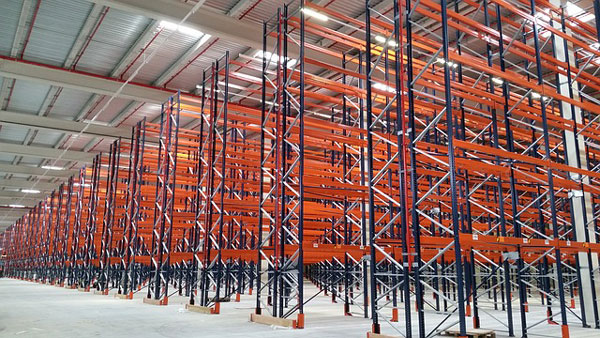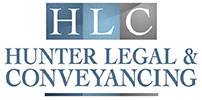A Commercial retail lease is formalised by a lease agreement. A legal document outlining the terms and conditions, a centerpiece of the relationship between two parties.
Entering into a lease is a significant feat and with the majority of leases lasting years. It’s important to be well informed of your rights and obligations before committing to a lease. To align the lease with your long-term plans, it’s best to employ the assistance of a professional legal firm.
Let’s clarify the core difference between Commercial retail leases:
Commercial retail leases – applies to premises that are primarily used for manufacturing, wholesale, or inventory purposes. The type of lease is commercial, and not subject to the Commercial Retail Leases Act 1994, thus can be more variable. (i.e. the lease may heavily favour the landlord).


A retail lease – applies to premises that are under 1,000 square meters and used for retail purposes (direct buying and selling of goods). A retail lease will fall under the Retail Leases Act 1994 No 46. These types of leases usually contain more rules about how the lease works, subsequently offering more protection to the lessee (i.e. mandatory disclosure of information).
There are variations and exceptions, and the legislation is different between each state, work with your legal representation to clarify this with respect to the individual property.
You are welcome to read the Retail Leases Act 1994 No 46 here.
In addition to understanding perspective lease agreements, leasees and lessors may also wish to consider:
- Confirming information with the local Council. Such as, ensuring the business is permitted to conduct certain business operations (or future operations).
- Planning for long-term success. This comes down to the return on investment. Many people will engage a financial planner for this.
COMMERCIAL RETAIL LEASES IN NSW – WHAT YOU NEED TO KNOW
In terms of retail leases, the lessor and lessee are required to provide each other with a disclosure statement. Essentially, this is mandatory information that both parties should know. The below table lists the common inclusions of a disclosure statement from each party.
Lessor’s Disclosure Statement
- Base rent amount
- Rent adjustment and reviews
- Term of the lease (years and months)
- Estimated outgoings (i.e. taxes, water rates, cleaning, lift maintenance, pest control, maintenance, etc)
- Renewal options
- Exclusivity rights (i.e. you are the only physiotherapist in the shopping centre)
- Permitted use of property
- Allocated car spaces
- Trading hours
Lessee’s Disclosure Statement
- Confirmation they have received the lessor’s disclosure statement 7 days before the lease start date
- Stating if they have engaged legal assistance
- Stating they can meet the obligations (i.e. rent and outgoings)
- A description of all the information they have received from the lessor
Please note this table is an example only, there may be more or less information to disclose.
Leases that exceed 3 years in duration (both commercial and retail), must be registered with the NSW Land Registry Services. This offers a level of protection to both lessors and leasees, as the property will be subject to NSW LRS’s guidelines.
FREQUENTLY ASKED QUESTIONS
Yes, we can provide advice and guidance in consideration of your long-term plans.
The majority of the time, the limitations of a property have already been defined by the local council when the land was originally zoned. We will confirm this for you, and, in the rare situation that we need to approach the council for approval, we can do that on your behalf.
This is a variable situation, it depends on the documentation and what has been originally negotiated.
At times, there’s an option to renew, sometimes there’s not.
There’s always a commencement date and then lease terms. For example, the commencement date occurs on 14 September and is a three-year lease, with no option to renew.
If you are considering leasing a property, and it does not have an option to renew, prior to signing, you could negotiate and ask for a renewal option to be included.
Firstly, the leasees will be notified that the owner of the property has changed.
Once again, in the original documentation, clauses are protecting the lessee in the event the owner changes, and the majority of the time they are safe to complete their lease agreement.
HOW WE CAN HELP
- Drafting and reviewing commercial retail leases
- Negotiation of terms and special clauses (i.e., sub-leasing, options to renew, termination)
- Assistance in finalising finance, security, and insurance matters
- Resolving disputes
- Executing options
- Legal representation
- Fixed fee conveyancing
HELPFUL LINKS
Lessor and Lessee Disclosure Statement – Department of Industry NSW
https://www.industry.nsw.gov.au/__data/assets/pdf_file/0005/98321/Lessor-and-lessees-disclosure-statement-20150729.pdf
Retail Leases Act 1994 No 46
https://www.legislation.nsw.gov.au/#/view/act/1994/46/full
